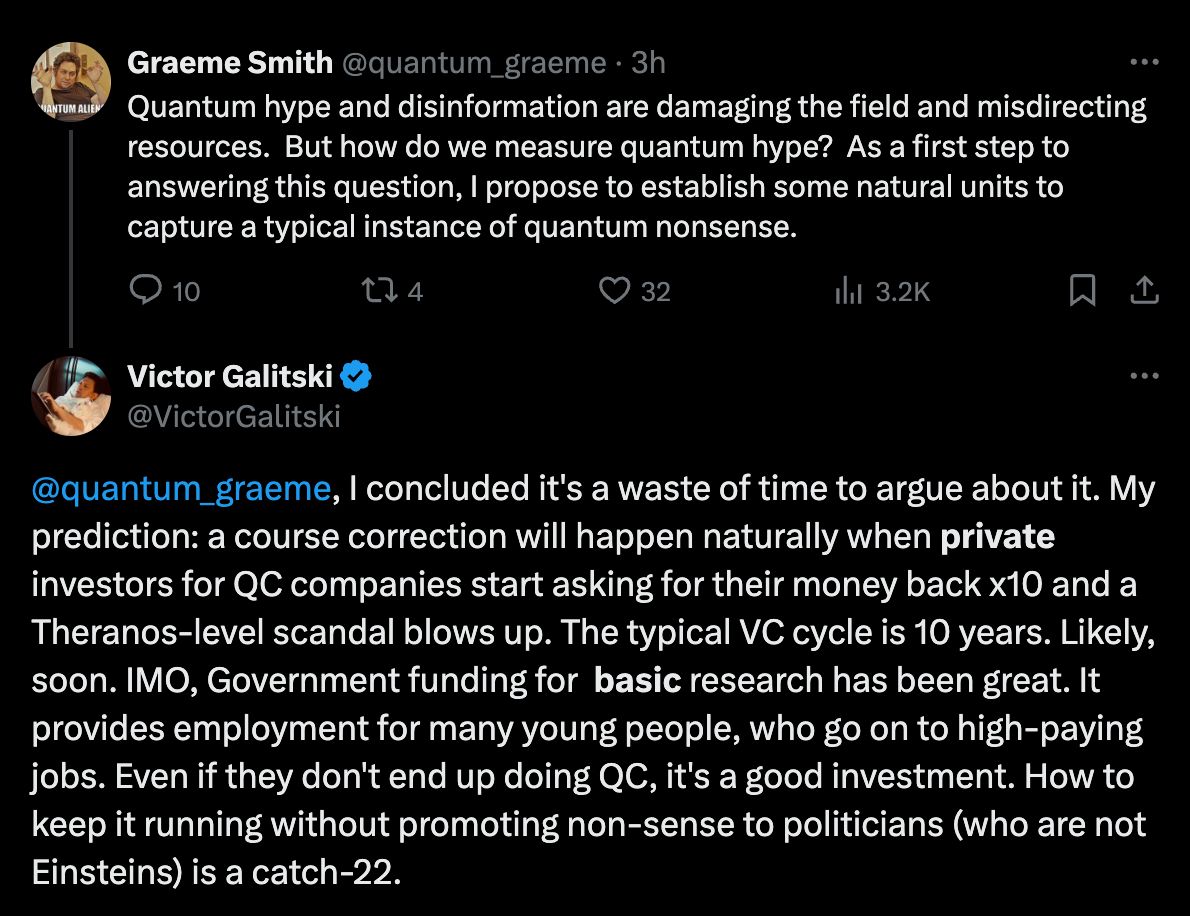Improving How Universities Teach
Book Review – Improving How Universities Teach Science (Carl Wieman)
As I keep trying to create technical content, columns on Nature continue to interrupt me. Seems like these really are good sources of inspiration.
This time the topic is “what to do in a sabbatical year”?
Traditionally, tenured university professors receive support - partial or total - to spend periods of time working outside of their home institutions. These sabbatical periods are usually taken once every 7 years (for sabbaticals lasting 12 months) or every 3.5 years (for 6 months). The goal of this is to propitiate researchers with opportunities to engage with new communities, research topics, and stimulate relations between institutions.
In a World View column last week, Jordan Dworkin provides an uncommon suggestion: spend time in government. I won’t be repetitive and reproduce all comments and reasoning made in the article: they are very sound and meaningful. I strongly recommend my colleagues who work at universities and research institutes to read this article and look kindly at the points made.
I do, however, have a feeling that many of my friends in the physical sciences might believe that the impact they can make in policy matters less than that of health and social scientists. So, let me provide a clear example of the type of frustration this kind of attitude can bring back to the community.
This past week, one of my academic friends sent me a message containing the following screenshot from a conversation in the X platform:

In quantum computing, the complaint of hype and misdirected resource allocation is a constant topic. The importance of government in funding sustained research and development, but also in helping fund the commercialization of quantum technologies, cannot be overstated. Nor should be its role in fostering the relations between researchers and private industry, which indeed are very healthy. Creating career opportunities for youth among the physical sciences is one of my favorite aspects of the quantum tech industry. But this stereotypical attitude of academics seeing politicians as incapable of having meaningful conversations on topics with technical depth, does not help.
I’d like to take a position more aligned with a growth mindset and say there is no “catch-22”. No conversation I have ever had with politically engaged folks suggests that. With enough time and attention, and the right environment, I think it is very possible to help inform policy-makers on physical sciences and quantum technologies. Following Jordan Dworkin’s proposition and promoting more Tours of Service among the physics community seems a good starting idea for that.
And without trying to open a can of worms, I don’t want to miss the opportunity here: the vast majority of the members of the quantum tech community I know are seriously engaged in distributing sound information, opinions, and recommendations. I would not deny having seen hype, but I don’t see it being systematic or, so far, damaging. As far as business goes, commercialization of quantum tech is not an easy subject and the whole industry is working to find the sustainable paths to success.
And to be sure: these opinions are all personal and should never be assumed to be supported by my employer.
Book Review – Improving How Universities Teach Science (Carl Wieman)
Back to book reviews! The backlog is growing!
This post is a long one in the making. I should dedicate it to my wife, as this has been a family project running for years. We will divert from science mana...
Short post inspired by a big lesson. Recently I was in a conference and me and other scientists were discussing how easy or hard it was to get strong perform...
What better way to start the new year than with Words of Wisdom? For the second installment of our blog series featuring interviews with science managers, we...
Through fall season, Harvard hosts a Science & Cooking course, where science topics relevant for cooking such as soft matter, organic chemistry, heat tra...
Basic project management often begins with a charter—a set of agreements that define the rules and expectations for team collaboration. I believe a team char...
Lazy blogging. I don’t want to reblog a topic someone else just did. So I will just point people to this interesting piece on should students teach? at Conde...
In my journey to expand my knowledge from physics to effective management practices, I maintain a steady, yet unhurried reading pace. I find the experience e...
Recently I have written posts on the challenges and subtleties of keeping a healthy funding stream for a scientific team. We have also covered some creative ...
As a research manager, securing stable funding for your group is a critical responsibility. Your team, whether students or professionals, relies on you as th...
Starting a new blog series at Set Physics to Stun! While most of my posts are based on my own experience, observations, or creations in science and scientifi...
A (total!) eclipse, travel, and hackathons have slowed down my blogging. That together with, for the first time, being asked to do the technical review of a ...
A busy week of teaching and preparing for an upcoming trip to Quebec to witness the eclipse left little time for blogging. Nonetheless, I’ve been mulling ove...
This post tells a bit of my own professional story as I left life as a pure researcher, and then moves toward introducing my first managerial tool for scient...
As I keep trying to create technical content, columns on Nature continue to interrupt me. Seems like these really are good sources of inspiration.
While I was working on a much more technical first post, Nature released a News article on a core raison-d’être of this blog: the trust of public in scientis...
This is it, I can’t believe I am finally starting this! Welcome to “Set Physics to Stun”, my blog on physics, scientific management, and other topics relevan...